FAQs: The Universal Access to Quality Tertiary Education Act
The Universal Access to Quality Tertiary Education Act
Frequently Asked Questions (FAQs)
Why support the Universal Access to Quality Tertiary Education Act?t
This measure is an investment in the future of our youth and in the Filipino family. This measure allows more Filipinos to afford a college education or technical-vocational course, which should open up more opportunities for employment and livelihood. A free tertiary education also relieves parents and breadwinners of a major expense, allowing them to spend on other needs, like healthcare and housing, or set aside more for savings.
Who will get free tuition in the current version of the law?
All students who are enrolled or will enroll in State Universities and Colleges (SUCs), accredited Local Universities and Colleges (LUCs), and publicly-run Technical-Vocational Institutions (TVIs) are entitled to a tuition and other fees-free education as long as they fulfill the admission and retention standards of the schools and this measure.
Who are not eligible to a tuition-free post secondary education?
- For SUCs and LUCs:
- Students who already have a bachelor’s degree, or comparable undergraduate degree, who failed to comply with the admission and retention standards of the SUC/LUC,
- Students who failed to complete the degree program within a year more after the prescribed period of the program are no longer qualified for the free tuition.
- For state-run TVIs:
- Students who already have a bachelor’s degree or any comparable undergraduate degree or diploma for techvoc courses equivalent to National Certificate (NC) III
- Students who failed any course within the techvoc program.
The students in this list can still enroll in their respective schools, but they would have to pay for the tuition and other fees.
What is StuFAP? What does it cover?
Student Financial Assistance Programs (StuFAPs) are programs that provide financial assistance to students. StuFAPs come in 3 forms- scholarships, grant-in-aid programs, and student loans.
The Tertiary Education Subsidy (TES) for Filipino Students is a fund that is created to strengthen the StuFAPs. This will be the fund that will be utilized to provide assistance to students in need who are enrolled in higher education institutions. This will be administered by the Unified Financial Assistance System for Tertiary Education (UniFAST).
Accessing this fund is different from the free tuition scheme in SUCs, LUCs, and state-run TVIs.
What is the loan program?
One of the new features of the bill is the creation of a pool of money for student loans. The student loan program will be available to all Filipinos to supplement other costs that are brought about by studying in a Higher Education Institution (HEI) or TVI or to address unexpected situations to ensure that students will not drop out of school. This pool of money will be facilitated by the UniFAST.
What is the status of the bill? When will this be rolled out?
The Universal Access to Quality Tertiary Education Act was signed into law by President Duterte on August 3, 2017. (The bicameral conference report was ratified by both houses last May 30, 2017.)
The legislators intend for the law to be implemented in time for the second semester 2017-2018.
Common Concerns & Misconceptions
1) “Free tuition is a subsidy for the rich”
It is true that only 12% of the poorest of the poor are in SUCs. The large percent of the poorest of the poor aren’t in college because of financial and other limitations. But what the bill hopes to do is support the majority of SUC students who may not be of the “poorest of the poor” but still face financial difficulties in paying for a higher education.
These are some estimates based on data from the Annual Poverty Indicator Survey (APIS) 2014:
- 49% of students in SUCs come from the bottom 50% of the population, from income levels determined by PIDS to need full support (tuition + other educational expenses + living allowance) to finish college.
- Up to 71% of students in SUCs come from families that do not have disposable income, with monthly family income of approx. P27,000 or less. Their families are struggling to send their children to school.
- On the other hand, only up to 28% of students in SUCs come from families that can COMFORTABLY send ONE child to school, with monthly family income of more than P29,000.
- Only up to 17% of students in SUCs come from families with monthly family income higher than P40,000.
- Only up to 7% of students in SUCs come from families with monthly family income of more than P78,000.
Based on another report from Philippine Association of State Universities and Colleges (PASUC) providing data from 58 SUCs, 77% of students enrolled in SUCs have family income within the minimum wage range or lower.
Based on APIS 2014, 40.7% of students aged 16 to 17 will not continue their studies because of financial concerns or high cost of education. This is the reason why only 1 out of 4 students who enter college will graduate.
SUC students who can afford the tuition have the option to opt-out of free tuition, and pay the full tuition fee instead.
2) We need to focus on basic education before we focus on college-level.
We are not taking away any of the budget from K-12 implementation.
The budget that is allocated for K-12 implementation, as coursed through the Department of Education, will remain intact to continue improving basic education facilities like building more classrooms, hiring more teachers, and improving the overall quality of K-12 delivery.
The budget for free tuition in SUCs will come through a different budget allocation and will be coursed through CHED and SUCs. Reforms in the higher education sector are complementary to the reforms in the basic education.
3) Students and their families won’t value their education anymore because it’s free.
Students are still subject to admission and retention standards of the schools they enroll in and will not be able to avail of their free education should they get a failing mark. Students would need to pass their subjects and study hard to secure that college diploma.
We are hopeful that students will value their education not just because of how much money was spent but also because of the opportunities it will open up once students graduate. Many Filipino families believe that a college education is key to unlocking higher paying jobs and a more prosperous future.
4) SUCs will have less money for salaries.
Salaries of SUC staff come from the budget for Personal Services, which each SUC receives directly from the General Appropriations Act.
The SUCs will receive their budget, including the budget for free tuition and miscellaneous fees, from the Department of Budget and Management (DBM).
SUCs will still receive the same amount of money that they would receive if they were collecting tuition from students.
5) SUCs might raise miscellaneous fees to earn money from students.
SUCs and government-run TVIs will not be allowed to charge the students with tuition and other fees, including miscellaneous fees.
6) Is Universal Access to Quality Tertiary Education Act sustainable?
As long as education remains a priority, the government should be able to allocate a budget for free college education.
Due to the economic performance of our country in the past years, we are now enjoying a more robust budget. Our budget is set to grow by around 10% annually and the money used for subsidizing higher education for all SUC students is only a fraction in the increase in national budget.
Lastly, almost all Senators are committed to push for this bill, and since the power of the purse is in Congress, it means a commitment to allocate funding in the next budget cycle.
FAQs from Parents & Students
1) Can I still apply for other scholarships, grants in aid and loan?
Yes. To cover book costs, transport, board and lodging, etcetera, you can still apply for other scholarships through different StuFAP programs or private scholarships.
The free tuition does not prevent you from applying for other scholarships.
2) What if I do not pass the entrance exam? Puwede bang magbayad na lang ng tuition fee?
No. To enter the university you must pass the entrance examination even if you will opt-out of the free tuition and pay.
3) SUCs might start accepting too many students, bringing down the quality of education.
SUCs will not be allowed to accept more students than their facilities and teaching staff can handle. They are limited to their currently set student population, until they can justify the expansion of their facilities.
If the SUC wants to increase their student population, they would need to defend it before Congress and CHED during their budget deliberations.
FAQs from Schools
1) Can SUCs still apply for other budget allocation for our school?
Yes! SUCs can still apply for capital outlays, maintenance and other operating expenses, and personnel services by submitting a proposal during the deliberation period for the General Appropriations Act (the National Budget) for whatever expansion or project your school has.
For Local Universities and Colleges, the primary source of the budget will still be from the local council. If qualified, the CHED will just cover the tuition and other fees of students enrolled, but the rest of the expenses will still be sourced through the local council.
For TVIs, the budget will still be under the TESDA. Acquisition of new equipment or expansion of a program will still be the discretion of the head agency.
2) Where do the schools get the tuition allocation?
The SUCs will receive their budget directly from DBM. The budget for LUCs will be coursed through CHED. And the budget for TVIs will be coursed through TESDA.
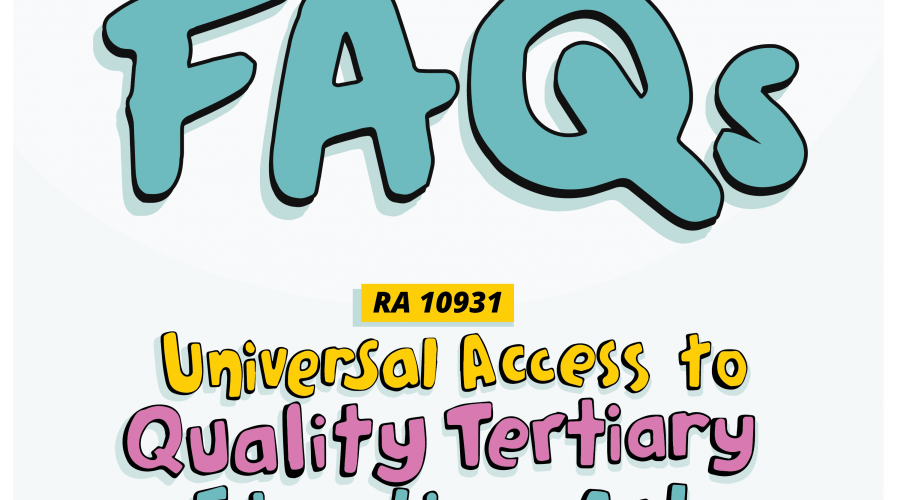


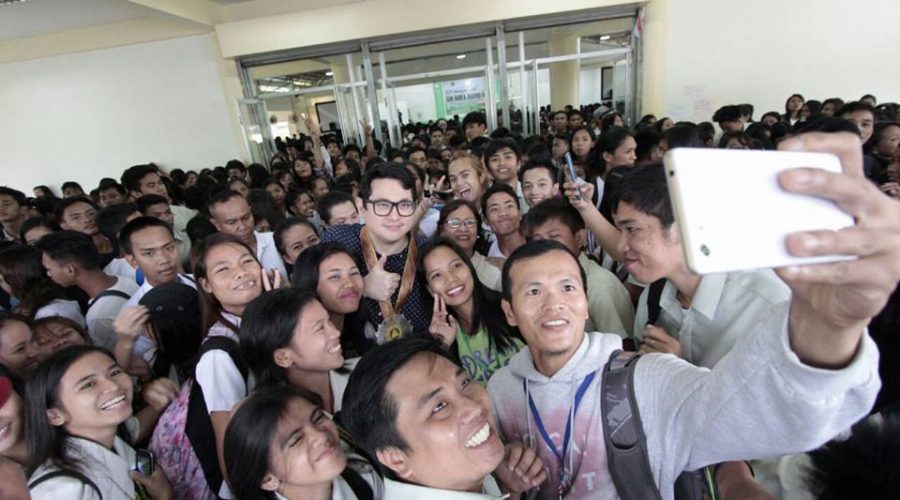
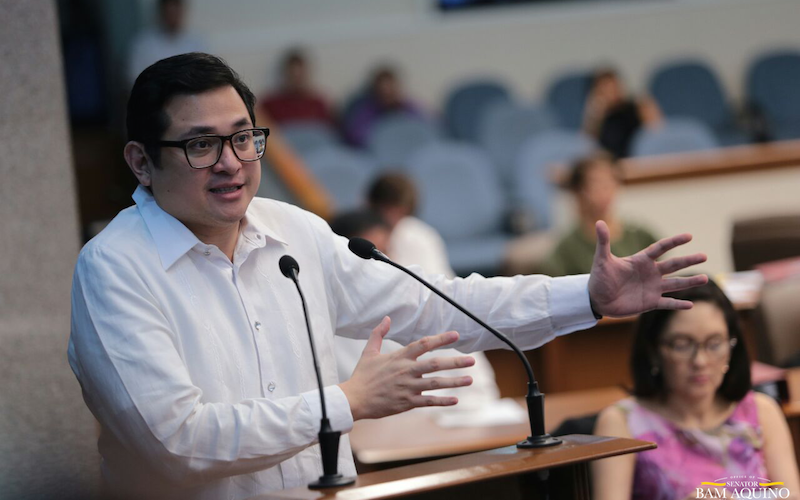
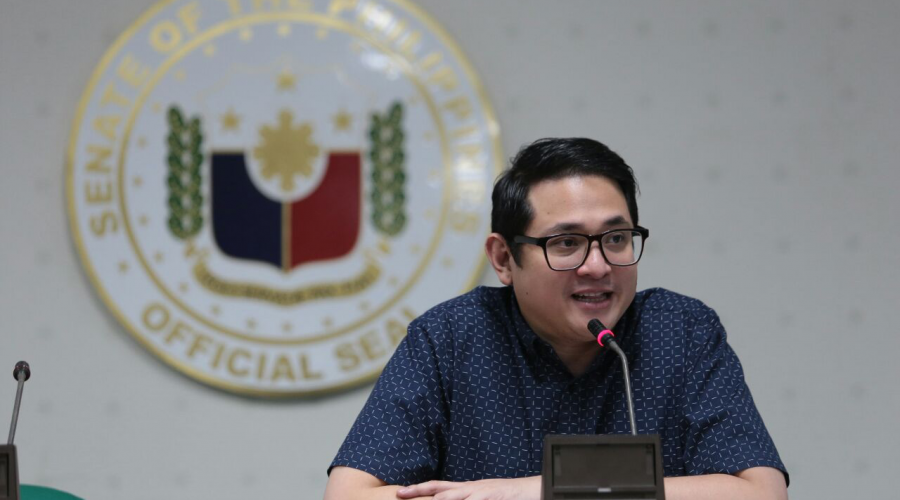
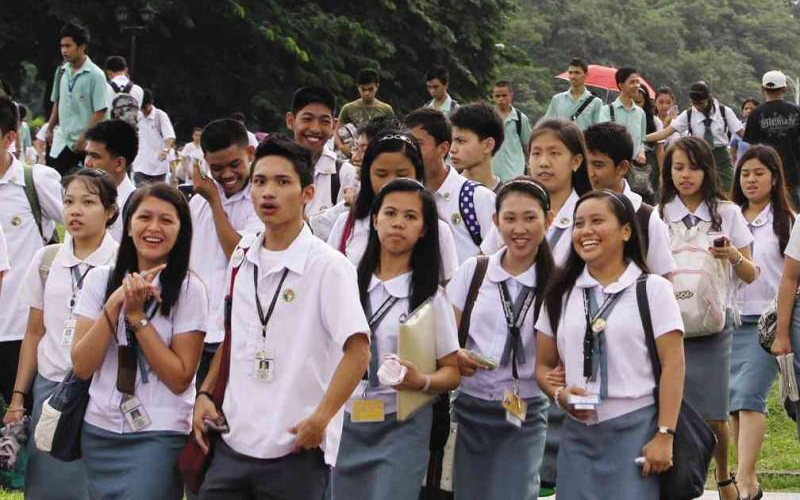
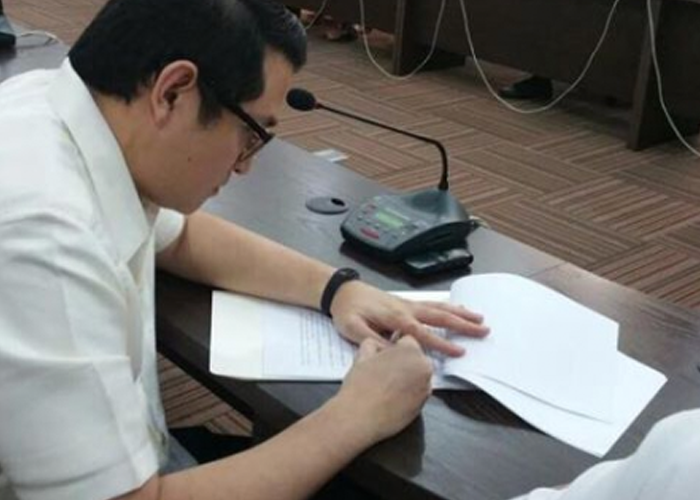
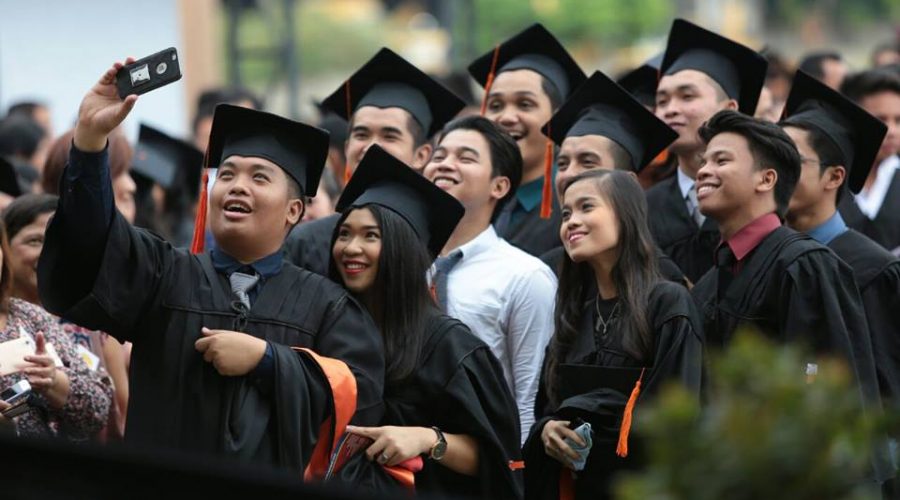
Recent Comments